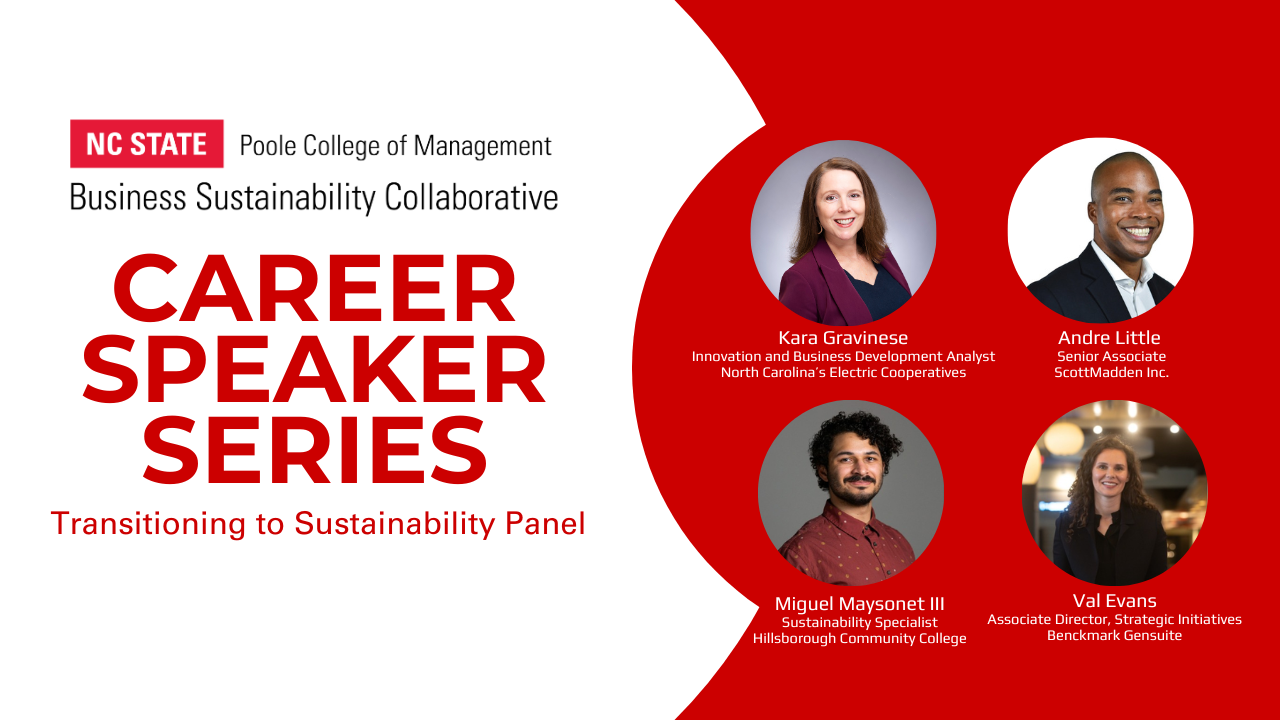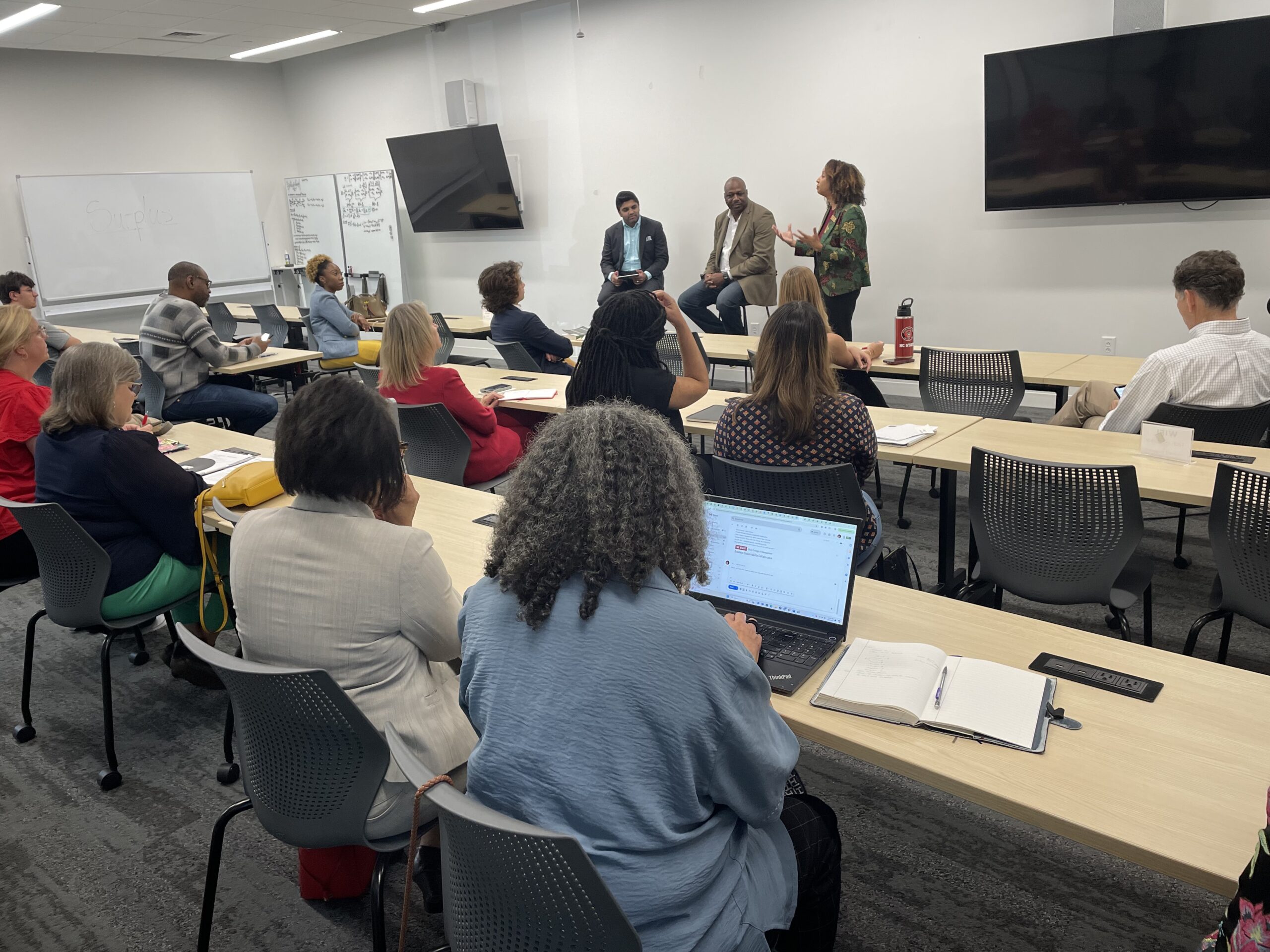Reflections from the 2019 ARCS Annual Conference at UNC Kenan-Flagler

by Rejaul Hasan, Ph.D.
Last year, I had the pleasure to present my research work from NC State University at the 10th Annual ARCS ((Alliance for Research on Corporate Sustainability) conference at MIT Sloan. Since then, I have completed my Ph.D. in the College of Textiles and joined the team at VF Corporation as a sustainable supply chain practitioner. I was fortunate to attend the 11th Annual ARCS Conference, hosted by the UNC Kenan Institute at UNC Kenan-Flagler Business School, June 5-7, 2019. I was looking forward to making some key take away from this highly prestigious gathering of leading business schools including NC State, Harvard, MIT Sloan, Kellogg, Wharton, INSEAD, Columbia, HEC Paris, Darden, Duke Fuqua, Stern, and UNC Kenan-Flagler.
Industry relevant research and the connection between industry & academia
Michael Toffel from HBS has reinforced the necessity and the potential approach of conducting research of practical relevance during the first session on 6 June. He emphasized that it is important that academia continue efforts at industry relevant research and emphasize the managerial implications. To generate the important relevant industry research agenda, the ties between academic and industry is utmost important through academia joining practitioner conferences, talking with the industry associations, involving news agencies in research reporting, writing blog etc. The success in generating industry relevant research insights will largely depends on the state-of-art industry and academic collaboration. He feels that in the future, large firms will be forced to behave more responsibly, as now we have several examples of financial success while addressing the triple bottom line.
Sourcing coupled with sustainability: Making private regulation work
The conference discussed a classic disconnect between sourcing and sustainability teams in businesses – often this becomes the potential barrier in achieving desired sustainability results for organizations. Greg Distelhorst and Matthew Amengual presented on how private regulation works better when sourcing and sustainability teams are coupled in the context of the apparel industry. They studied the supply base of an apparel company named “VESTITI” and found that when the sourcing and sustainability team collaborates in achieving sustainable supply chain goals for their supply base, there happens a significant improvement in the supplier performance. Suppliers started to take effective actions and the social compliance performance from the first audit to the next audit improved more than 10 percent. In their view, crackdown on suppliers does not make long term development; rather organization need to identify, pilot and scale innovative techniques when it comes to achieve the sustainable supply chain goals.
Humans are the key when it comes about sustainability practices
While supply chain and operations have continued to focus on the last mile delivery, in recent years there is an increased focus on first mile delivery and the labor issues in supply chains, which reflects that humans are still the center of the supply chain; but there is still a long way to go and huge challenges to overcome in building a sustainable supply chain. While research and initiatives are relying on leveraging the technological innovation in achieving sustainability goals (e.g. 100% electrical vehicle to chase the goal of decarbonizing the global economy by 2060), it is of the utmost important to ensure that our innovations are inclusive.
Jasjit Singh from INSEAD mentioned that people are the critical part of the entire sustainability ecosystem. Company can spend millions in developing more ecofriendly detergent or coffee cup recycling program; but what if the consumer does not respond to it. Social and environmental sustainability are extremely intertwined problem. We need to think how the coalition of the industries can help to educate the consumers, how can we integrate more people centric research and go beyond just pushing industry to change. Phycologists and behavioral economists have a major role in exploring the question of how to drive positively consumer respond for sustainability issues. We can not solve the sustainability challenges just by activist poking the company here and there or just by pushing consumers. Change will rather require a strong global coalition among a wide range of stakeholders.
Corporate Behavior in face of Social Activism
Mary-Hunter McDonnell from Wharton talked about how the corporation should behave in response to social activism and public reactions. Her research showed that when corporation remain true to their core values, they become the ultimate winner. Nike’s Colin Kaepernick ad sparked a boycott which ultimately help them earned $6 billion and the Ben & Jerry’s Schweddy Balls boycott resulted in the company selling out of that flavors faster than expected. In her view, firms are polarized, and they behave socially different based on their political polarization. But being truthful to the core corporate value would bring financial success.
During the last day, Paula Alexander, Director, Sustainable Business at Burt’s Bees, a North Carolina based global personal care products company took the stage. She explained her company aspirations around sustainable supply chain and business practices. How Burt Bees stand for doing it right each time whether it is ocean plastic waste or municipal waste from FMCGs (Fast-moving Consumer Goods). She reinforced that responsible consumer behavior needs to move beyond just buying one more organic t-shirt during the earth day. In her view, it’s all about how you map your entire supply chains, then measure the social and environmental footprints; how do you set your sustainable supply chain goals, roadmaps and mobilizes your resources in achieving that. Then off-course how do you measure sustainability performance continuously to understand if you are ahead of the curve or lagging, how do you manage NGO scrutiny etc. are also the important matters in building a sustainable supply chain.
The conference adjourned with the announcement that the 12th ARCS Annual conference will be held in Milan, Italy in 2020. I am sure sustainable supply chain folks will be eagerly waiting to see the next stream of research and insights from this most august forum.
Disclaimer: This article represents the author individual interpretation of the conference presentations and his own perspective. No other party is responsible for this content.
- Categories:


